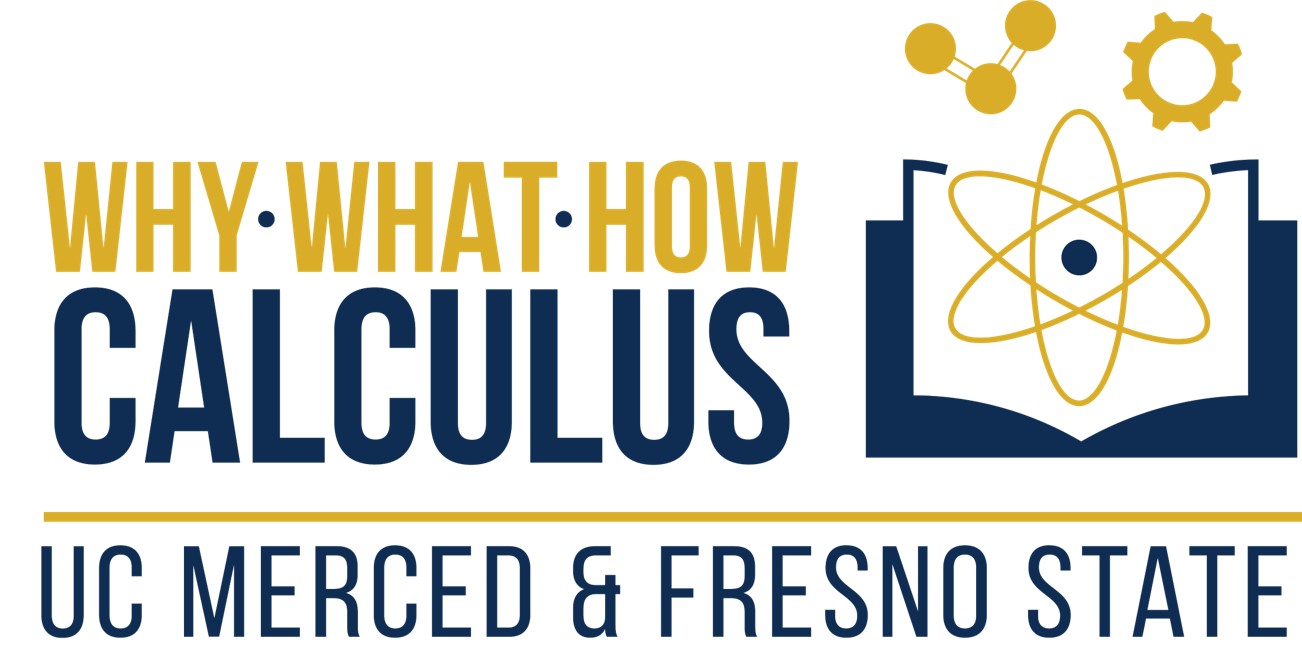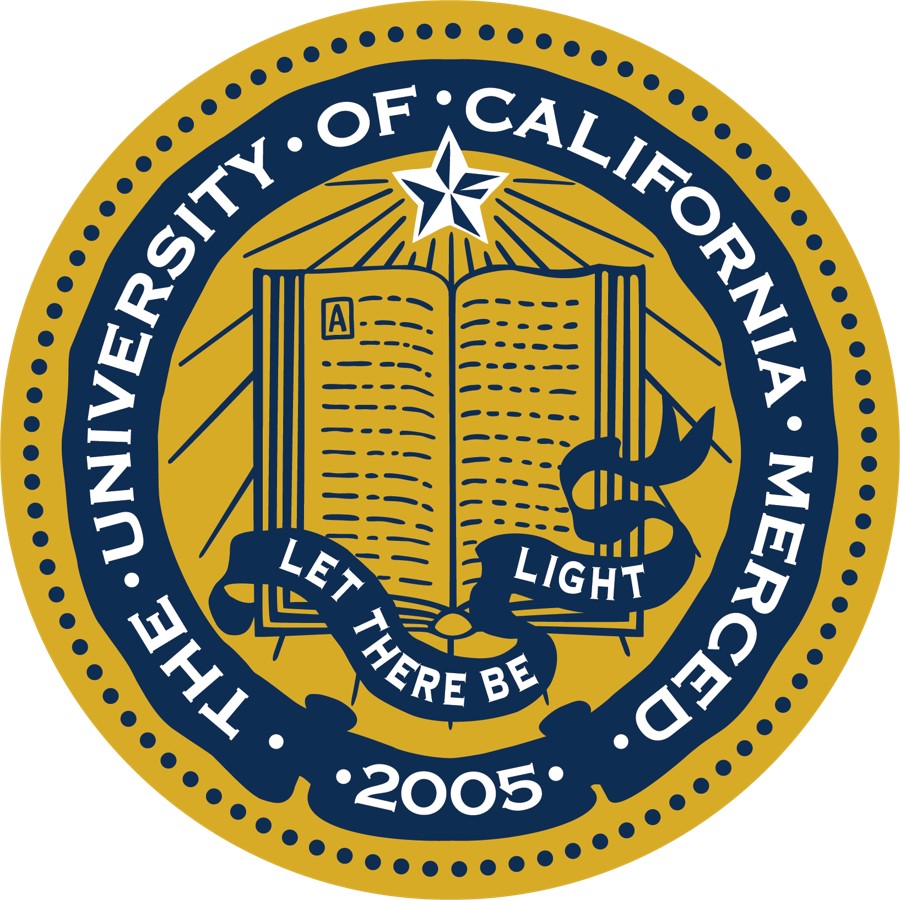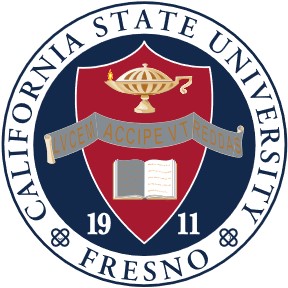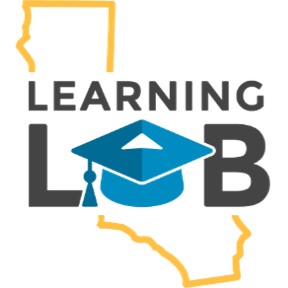
Performance in Calculus courses is a major barrier to students’ progress in STEM majors at both UC Merced and CSU Fresno. A traditional approach to delivery of Calculus, which is broadly used in higher education including UC Merced and CSU Fresno campuses, involves lecture-based format with instruction and assessment being overly focused on the mathematical techniques, e.g. the mechanics behind computing derivatives and integrals. Typical Calculus courses primarily address the question of how to do calculations and is delivered as a lecture with minimal interactivity with students. The questions of why these calculations are needed and what are the problems that such calculations can help to solve receive significantly less attention. Such an approach to Calculus instruction often leaves students unmotivated and disengaged since they lack an understanding of the need for these mathematical tools and do not spend sufficient time on learning how to solve practical problems with the tools of Calculus. These challenges particularly affect underrepresented in STEM groups of students resulting in equity gaps and low retention rates of underrepresented minorities and first-generation college students in STEM disciplines.
The project team will reform Calculus courses by re-aligning instruction away from outdated, technique-based teaching to a focus on conceptual understanding and practical experiences with solving problems from authentic STEM applications. By shifting the target from formulaic memorization and `plug-and-chug’ problems towards project-based applications-inspired work, the project will foster a problem-solving mindset, help students improve their analytical skills and promote important expertise necessary for continuation in STEM.
The new “Why, What and How” Calculus reform will
- Transform the classroom into an active learning laboratory,
- Create training and support for instructors to embrace innovative approaches to teaching and learning including culturally responsive instruction, equity-based grading, and teaching across cultural strengths,
- Build systems that enable departmental cultural transformation to embrace innovation in STEM instruction.
This project is expected to engage over 50 faculty and impact over 11,000 students over the three years of the funding period.
 |
 |
 |



